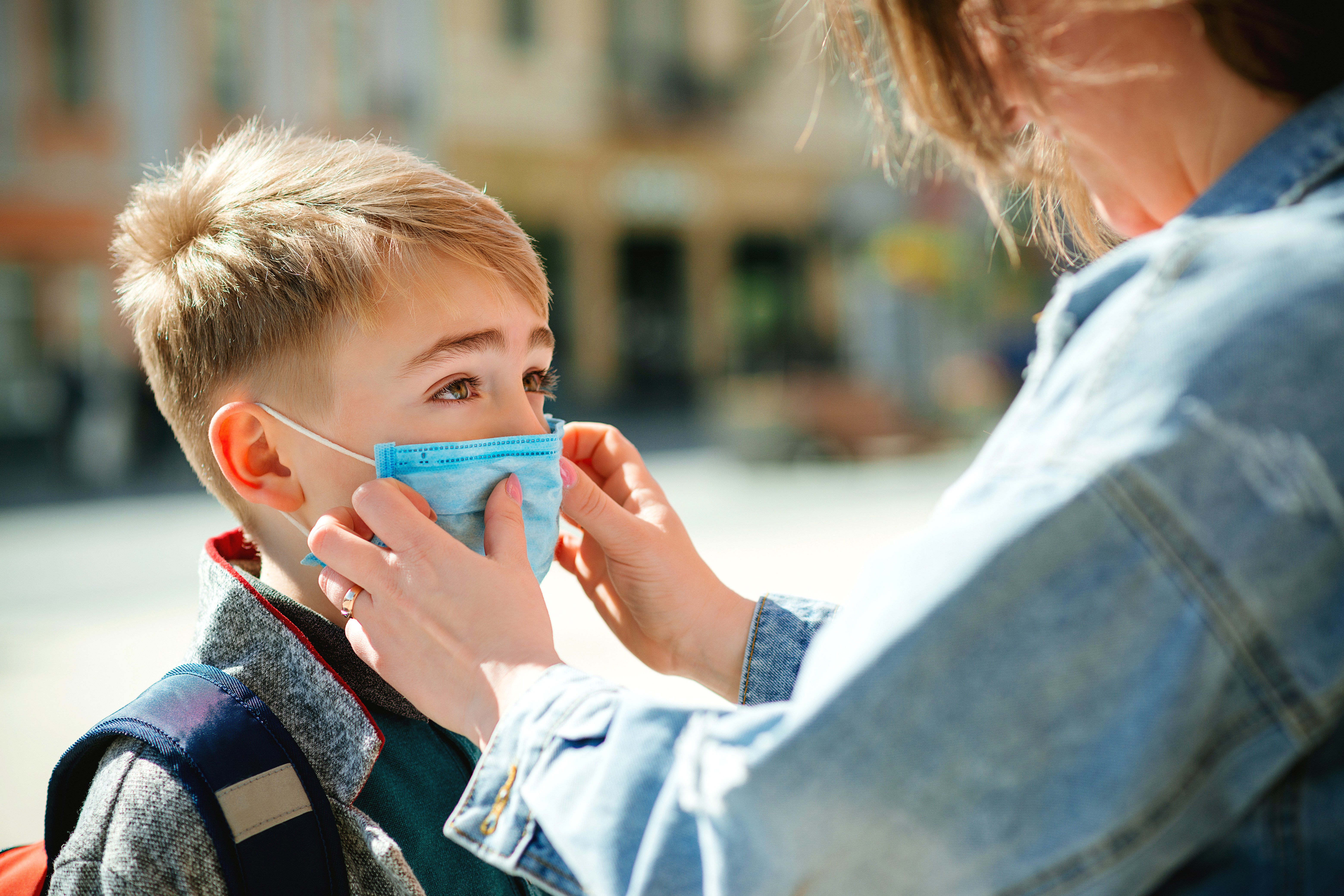
(Vienna, 01-03-2023) How would the pandemic in Austria have progressed if some decisions had been made differently - and above all, what can we do better in the future? The project "BETTER - Being Equipped to Tackle Epidemics Right", funded by the Vienna Science, Research and Technology Fund (WWTF), addresses these issues. The Medical University of Vienna, the Vienna University of Technology and the University of Continuing Education Krems are involved.
For this purpose, experts from different fields as well as laypersons will be asked for their opinions and hypothetical scenarios with stricter or less strict pandemic measures will be modelled. Linked to international evaluations and further developments, BETTER aims to help learn from the pandemic in the best possible way.
Conditions that were considered unimaginable until the outbreak of the pandemic were in part decided from one day to the next (lockdowns, school closures, recommendation for home office, etc.). Suddenly, society, politics and science found themselves in a completely new situation between discovering solutions as quickly as possible (adopting new patterns of action, developing vaccines, simulating and analysing pandemic mechanisms, assessing follow-up costs) and maintaining established control mechanisms (quality assurance by publishing the results). At the same time, science was catapulted into the media spotlight and was asked for information and assessments by policy makers more frequently than ever before.
These processes are currently the subject of intense political, scientific and media debate. In order for democracies to function and for science itself, it is necessary that both recommendations and actions are reviewed. This is the only way to discover errors and wrong decisions, rectify grievances and draw conclusions for the future. However, this must happen in a scientifically sound manner and not "on demand".
A team of scientists from the Medical University of Vienna, the Vienna University of Technology and the University of Continuing Education Krems initiated considerations on how this action can best be reviewed and evaluated at the beginning of 2022. The result is the WWFT-funded research project BETTER - Being Equipped to Tackle Epidemics Right, which will start on 1 March 2023. Interdisciplinary research projects focussing on innovative method development in the field of public health were to be submitted to the WWTF Call 2022 Life Science - Public Health. BETTER was one of 8 projects to prevail against competition from a total of 95 submissions.
Learning and teaching for the future
BETTER aims to combine effectivity research, infectious disease modelling and evidence synthesis to improve future epidemic and pandemic preparedness in Austria. One essential element is the active involvement of different stakeholders, including citizens. For this purpose, different decision-making scenarios and their effects in urban and rural environments will be simulated.
The model parameters required for the analyses are developed based on the results of systematic reviews, meta-analyses and interviews. The agent-based population concept developed at TU Vienna (to best describe complex behaviours) is used to assess the impact of the different scenarios on (health) systemic, psychosocial, epidemiological and economic aspects. This look into areas that were not sufficiently illuminated during the pandemic is an important aspect of BETTER.
To date, the effectiveness of measures and strategies implemented to combat the pandemic in Austria has not yet been evaluated. However, this is essential for the optimisation of future epidemic and pandemic preparedness.
This will ensure better decisions in the event of potential future pandemics. Especially against the background of increasing polarisation and a dangerous mistrust of science, the aim of BETTER is to contribute to this reassessment and to contribute to a better "pandemic preparedness" in Austria in the future. In addition, strategies for dealing with other crises can also be derived.
Project management:
Tanja Stamm (MedUni Vienna)
Nikolas Popper (Technical University Vienna)
Gerald Gartlehner (University of Continuing Education Krems)
About the research projekt BETTER - Being Equipped to Tackle Epidemics Right
To WWTF Call 2022 Life Science – Public Health